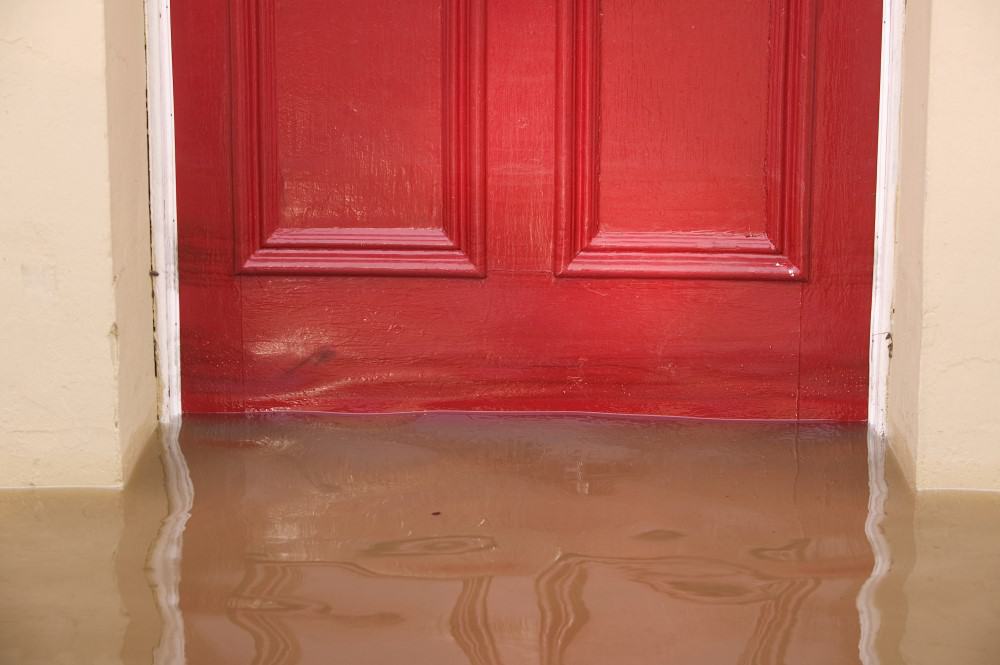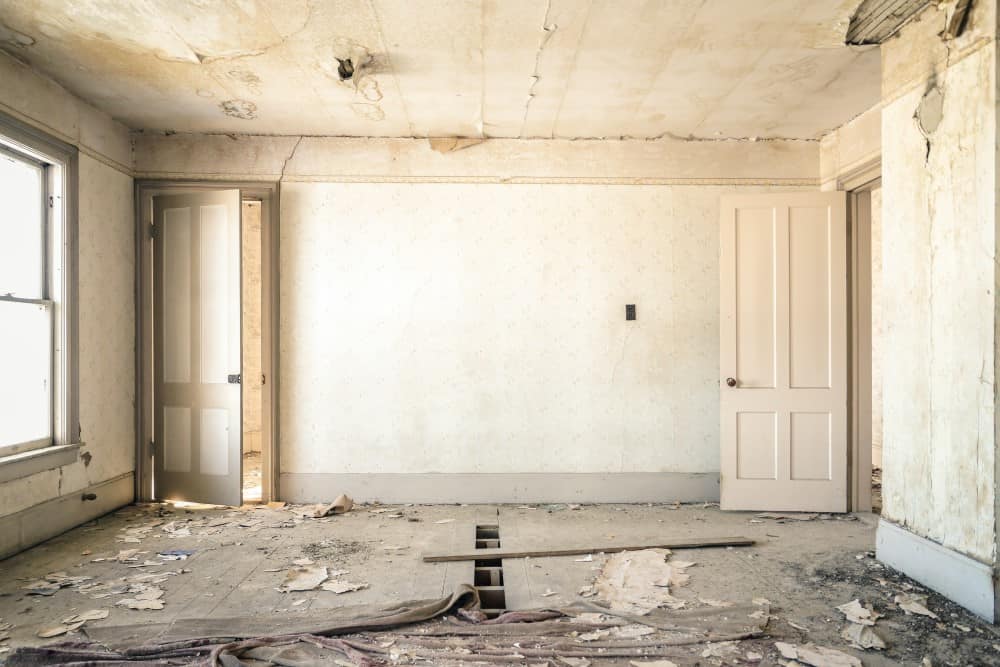What exactly is an ‘escape of water’?
Escape of water incidents are one of the most common causes of property insurance claims. These unfortunate incidents occur when water leaks from a pipe or appliance and causes damage to your property and belongings.
When it comes to insurance and water damage, it is useful to understand the difference between an escape of water and a flood.
Many people assume that any type of water build-up in a property can be classed as a flood. The key difference (as far as insurance is concerned), is that water damage in your property can only be described as a flood when the water has come from an outside/external source, such as a burst water main or overflowing river. If water has leaked from somewhere within the property, such as a burst pipe, this is considered an escape of water.
What is covered when I have an escape of water?
In the event of an escape of water incident, a typical property owner’s policy can provide cover for your building, along with cover for any contents or personal belongings you have chosen to insure.
Your policy may also have accidental damage included, which would provide cover if an escape of water or leak was caused accidentally, such as accidental damage to a pipe that resulted in a leak.
What’s not covered?
Any damage that cannot be attributed to an insured event, such as general wear and tear, or damage sustained over a gradual period, for example, mould or wet rot, might not be covered and you may be asked to pay for the repair depending on any exclusions applicable on the policy.
Water damage can be extensive and costly, and it can also lead to significant inconvenience and disruption to your daily life. However, there are several measures you can take to avoid escape of water incidents and protect your property from water damage.
Some things to consider:
- Carry out regular inspections of the property, including checking the plumbing, grouting, signs of cracked tiles and appliances
- Regularly check for any signs of leaks, such as noticeable damp/brown patches on walls or ceilings
- Make sure any guttering is regularly inspected and cleared of any blockages
- If your property is let to tenants, educate your tenants about how to use the plumbing and appliances properly and report any signs of water damage as soon as possible
- Consider installing water alarms or sensors that can alert you or your tenants if there is a leak or water build-up in the property
- Have a plan in place in case of a water leak or burst pipe, including emergency contact information for plumbers and other contractors who can address the issue quickly
Another important measure to take, is to ensure that your property is properly insulated and ventilated, including adding insulation to any external pipes. This will help to prevent pipes from freezing in cold weather, which is a common cause of escape of water incidents.
If you know that your property will become unoccupied for an extended period during the winter months, it is a good idea to keep your boiler on at a low temperature to prevent your pipes from freezing, as this can easily lead to a cracked pipe and subsequent escape of water into your property.
In summary, escape of water incidents can be costly and disruptive, but there are measures you can take to avoid them. By taking these steps, you can protect your property and your belongings, and avoid the hassle and expense of an escape of water incident.
Click to request further information on ‘Escape of Water’ or to have your existing policy reviewed.












